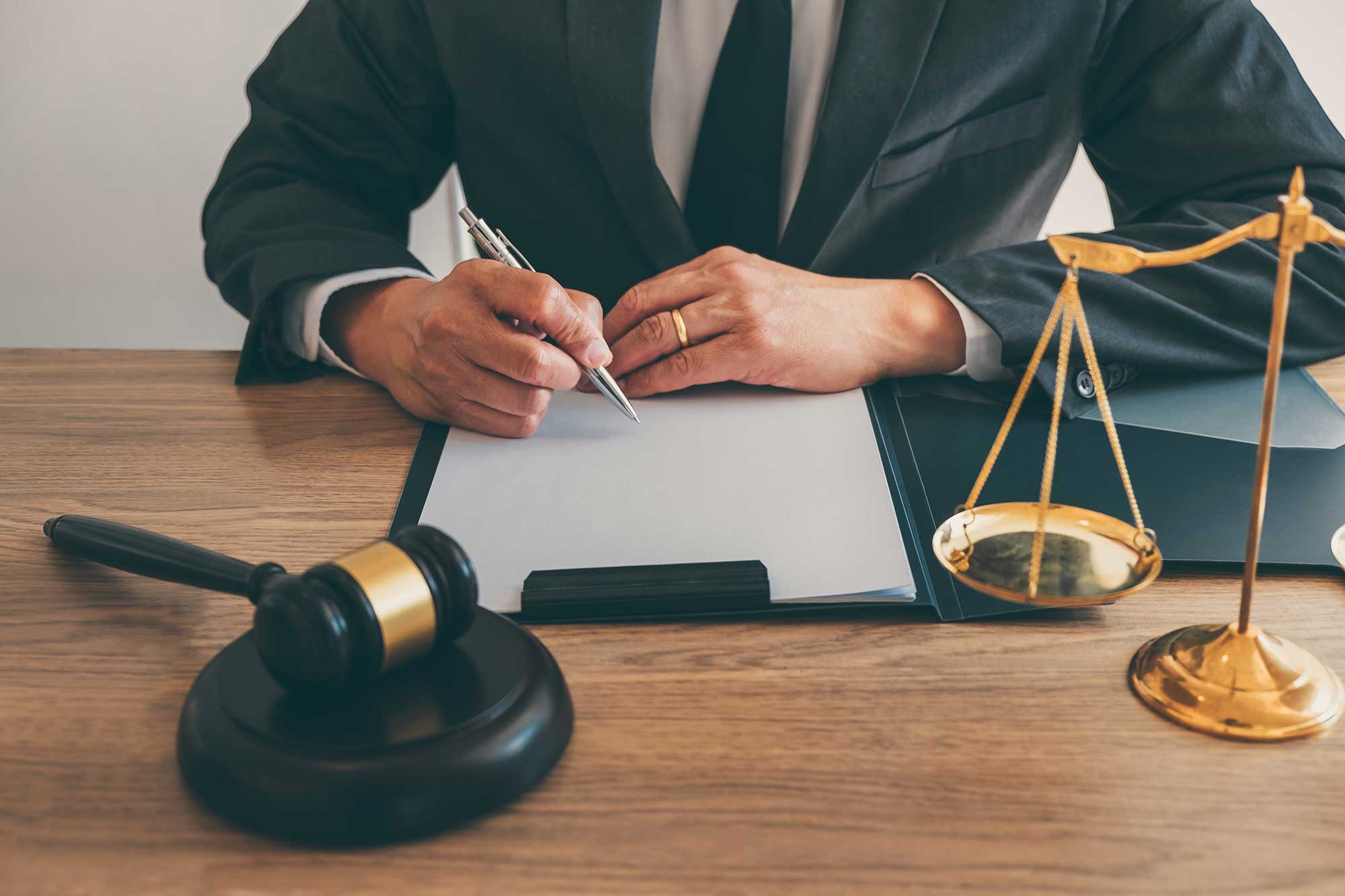Waleed
September 8, 2024

Legal adversities can strike unexpectedly, leaving individuals and businesses scrambling to protect their rights and interests. Whether it’s a personal injury, a business dispute, or a criminal charge, knowing how to effectively deal with legal challenges is essential for ensuring the best possible outcome. While legal issues can be daunting, a strategic approach can make a significant difference. In this blog, we explore the right way to deal with legal adversities and offer actionable steps for navigating tough legal situations.
The first reaction to a legal issue is often panic or frustration, but it’s important to stay calm and assess the situation clearly. Taking a measured approach helps prevent rash decisions that could worsen your position.
Take a Step Back: Allow yourself a moment to process the situation. Reacting too quickly without a full understanding of the problem can lead to poor decisions.
Evaluate the Facts: Identify the key facts surrounding the adversity. What exactly happened? Who is involved? What are the potential consequences? Gathering information will help you approach the problem more effectively.
Prioritize Immediate Actions: If there are any urgent steps you need to take (e.g., contacting law enforcement, notifying your insurance company, or securing assets), do so quickly and in a structured way.

One of the most crucial steps in dealing with legal adversities is seeking professional legal help as early as possible. Lawyers are trained to handle complex legal issues and can guide you through the necessary steps to protect your rights.
Hire an Experienced Lawyer: Choose a lawyer who specializes in the type of legal issue you are facing. Whether it’s family law, corporate law, or criminal defense, a specialist will have the expertise needed to address your unique case.
Get a Second Opinion: If you’re unsure about the advice you’re receiving, don’t hesitate to get a second opinion from another lawyer. This can provide clarity and reassurance, especially in high-stakes cases.
Don’t Delay: Waiting too long to seek legal advice can be detrimental to your case. Early legal counsel can prevent costly mistakes and ensure that you meet critical deadlines.
Legal adversities often come with numerous complexities and legal implications. It’s important to understand your rights and what options are available to you.
Know Your Rights: Educate yourself about your legal rights in the context of your case. Your lawyer will explain what protections the law offers, whether you’re the defendant, plaintiff, or involved in a dispute.
Evaluate Your Legal Options: Every legal case offers multiple paths, from negotiating settlements to going to trial. Explore all your options and work with your lawyer to determine the best course of action.
Set Realistic Expectations: Legal proceedings can be unpredictable, and not all cases have a clear path to victory. It’s essential to have realistic expectations about potential outcomes and prepare for both best- and worst-case scenarios.
Maintaining detailed and organized documentation is critical when dealing with legal issues. The evidence you provide can make or break your case, so it’s important to gather and store relevant information carefully.
Keep Records: Save emails, contracts, receipts, and other documents that could be important to your case. If you’re involved in a personal injury claim, medical records and photographs of injuries can serve as key evidence.
Document Interactions: Take notes during meetings, phone calls, and other interactions related to your legal issue. This helps preserve critical details that may otherwise be forgotten.
Create a Timeline: Having a clear timeline of events can help both you and your lawyer better understand the sequence of events and how they might impact your case.
One of the biggest mistakes you can make in a legal case is withholding information from your lawyer. Even if certain details seem unimportant or embarrassing, it’s crucial to be fully transparent with your legal counsel.
Full Disclosure: Lawyers can only provide the best advice if they have all the facts. Failing to disclose key information could lead to negative surprises that undermine your case.
Attorney-Client Privilege: Remember that the information you share with your lawyer is protected under attorney-client privilege. This means that your lawyer cannot disclose any details without your permission, so there’s no need to hold back.

Legal adversities, especially publicized ones, can take a toll on your personal or business reputation. Proactively managing how your case is perceived by others can help minimize the long-term damage.
Media Management: If your case attracts media attention, work with your lawyer to decide whether you should release a statement or refrain from commenting. Sometimes, silence is the best strategy to avoid complicating legal proceedings.
Public Relations Strategy: For businesses, consider working with a PR professional to manage any reputational damage caused by a legal dispute. Maintaining transparency and showing a commitment to resolving the issue can help restore public trust.
Dealing with legal adversities is never easy, but by following a strategic and level-headed approach, you can increase your chances of a positive outcome. Seek professional legal counsel early, document everything, stay patient, and focus on resolution rather than revenge. With the right mindset and expert guidance, you can effectively navigate legal challenges and come out on the other side stronger.
Lawyer & Attorney Template Kit by kitpapa.com
Copyright © 2023. All rights reserved.